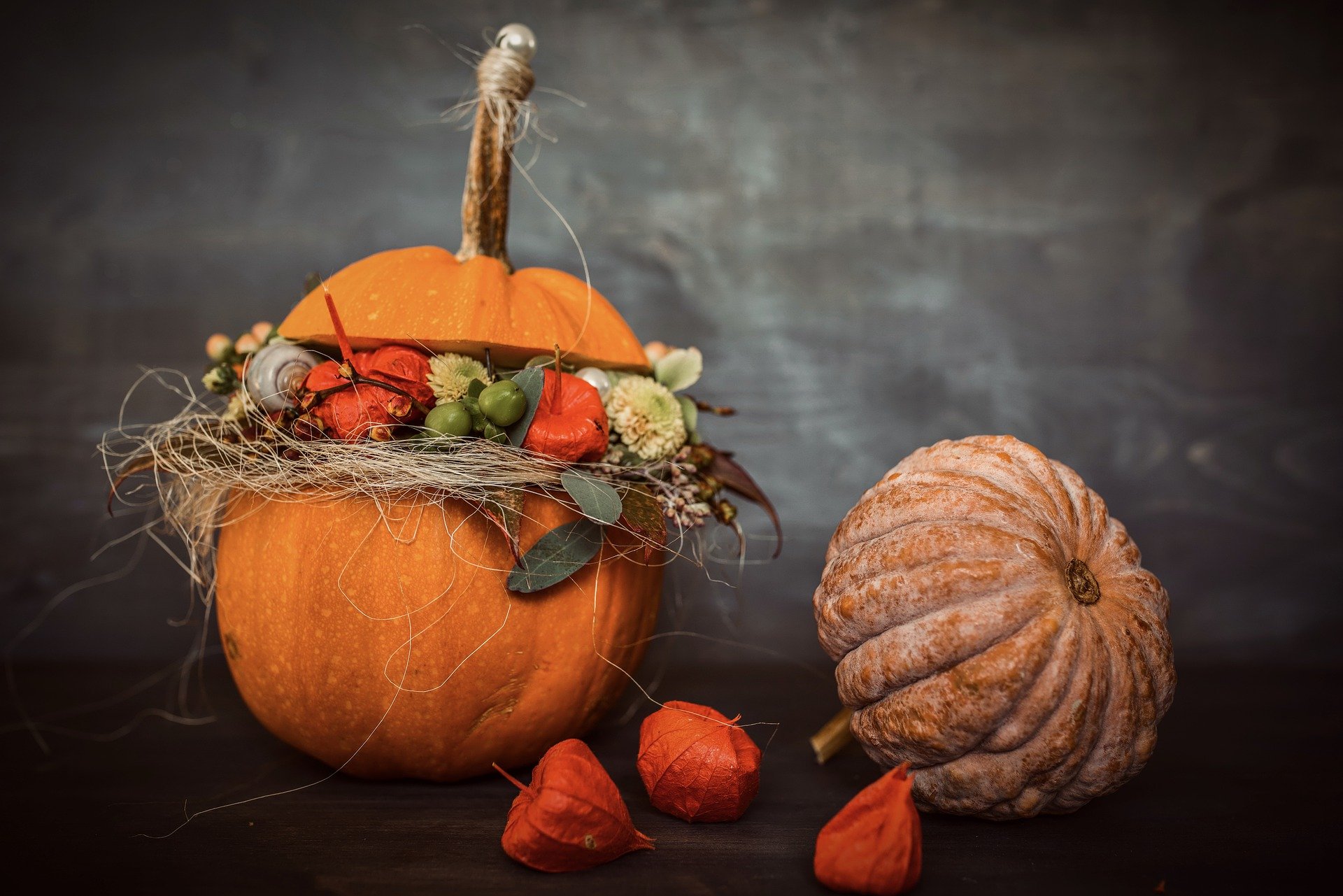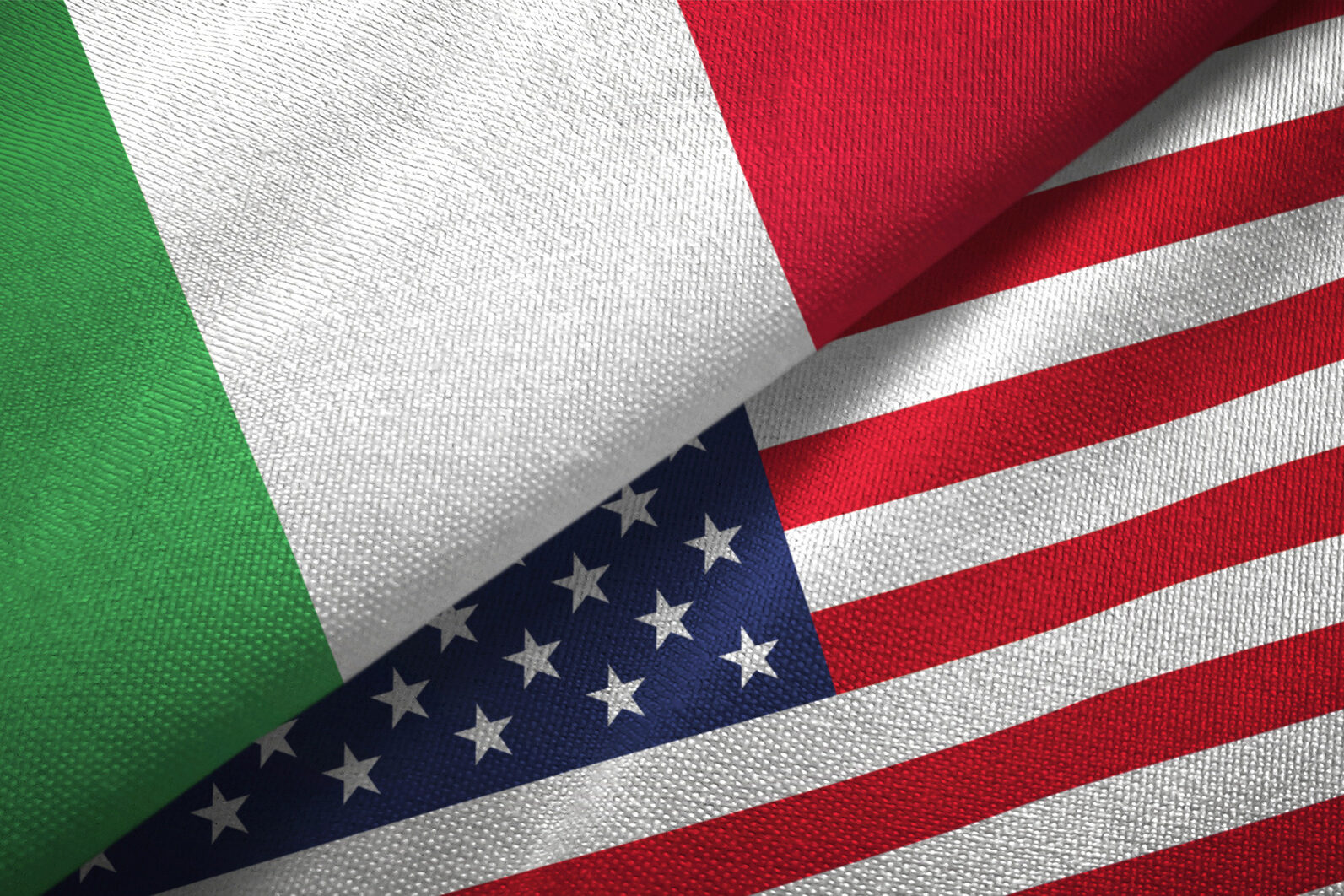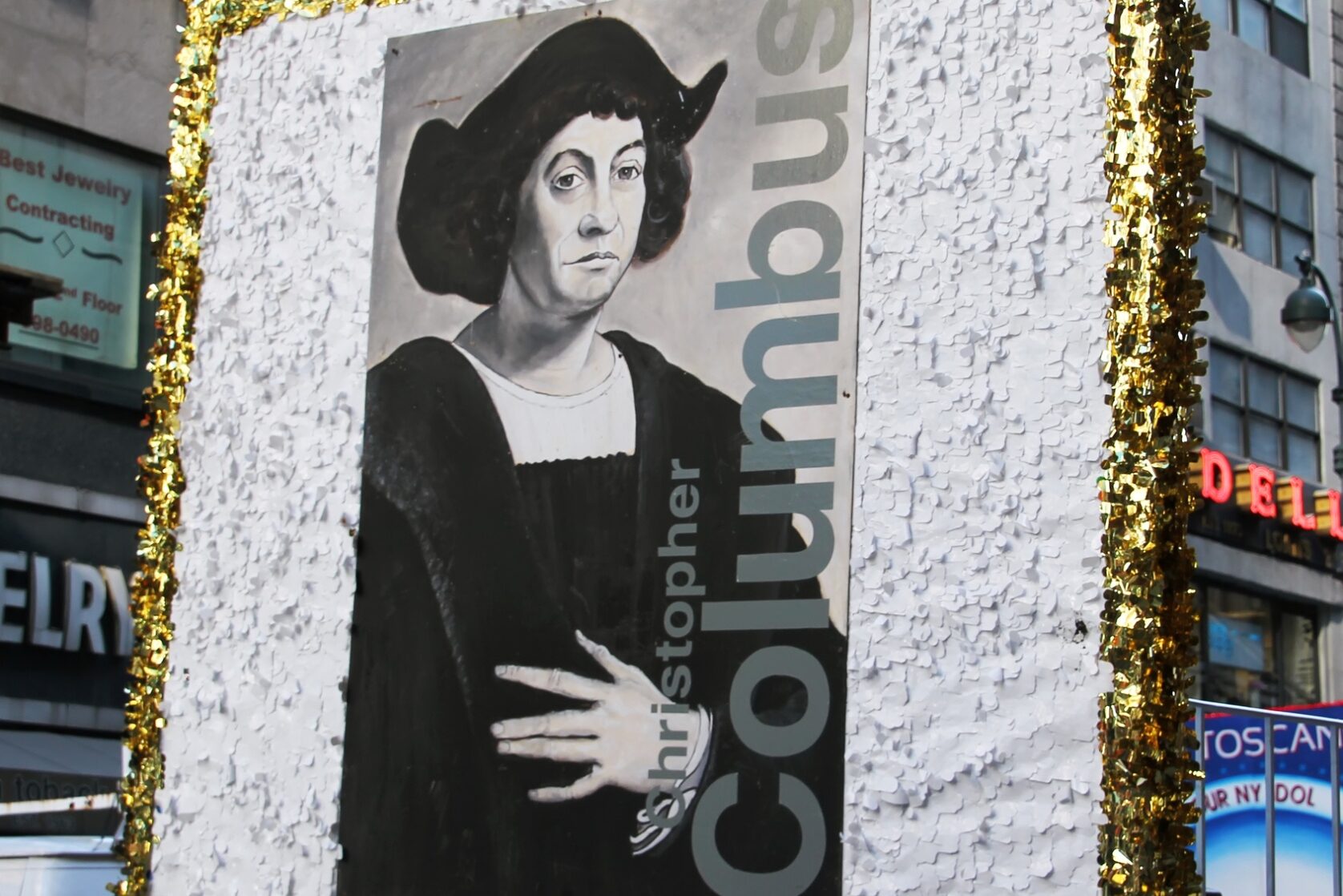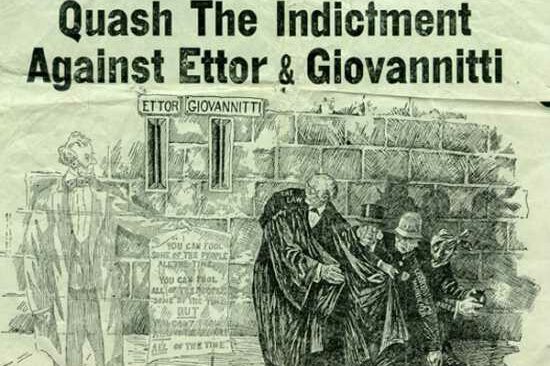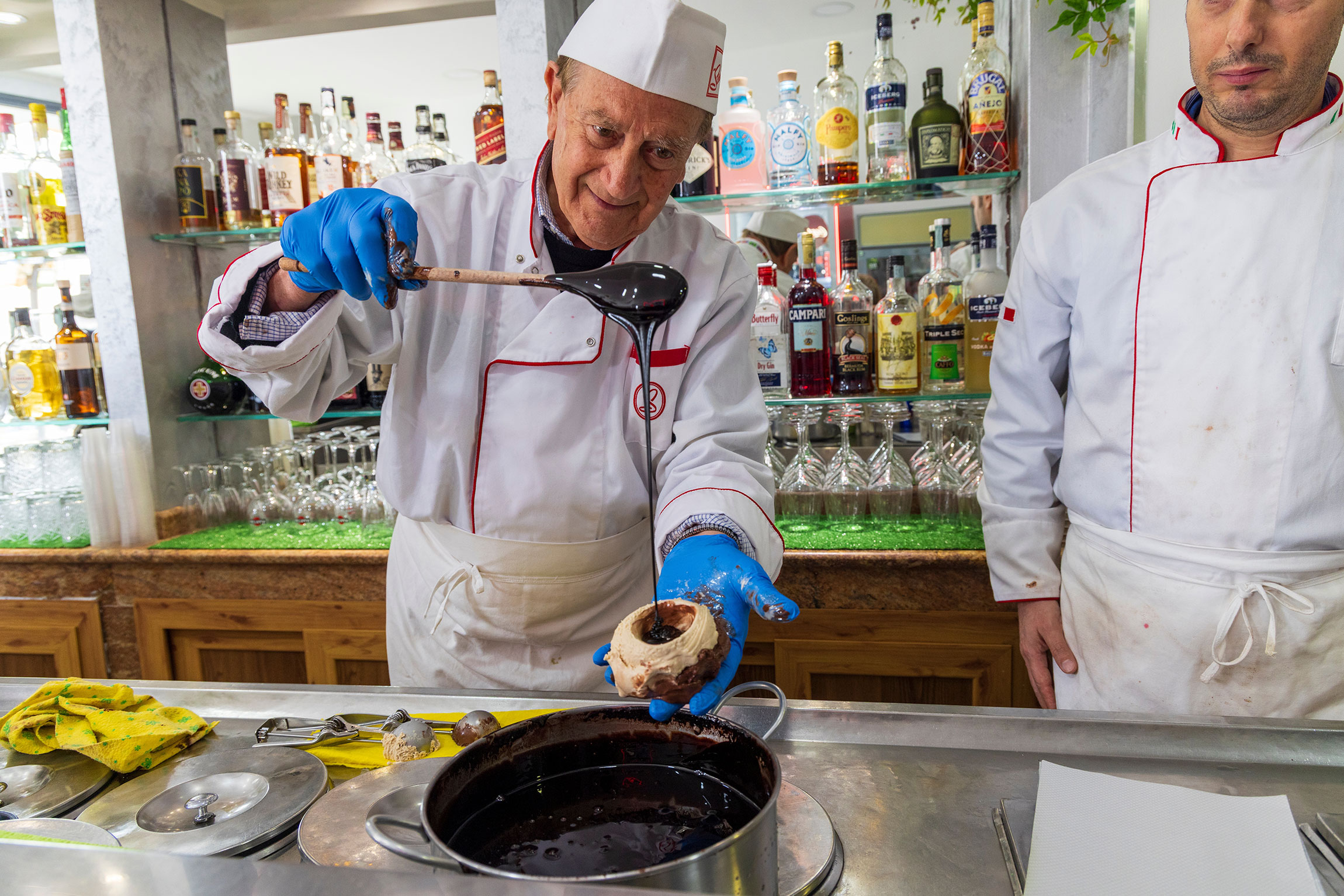Dear Readers,
November notes with an Italian connection:
Thanksgiving Day is celebrated the fourth Thursday in November, since it was so fixed by President Lincoln in 1864.
The custom dated back to the day of Thanksgiving set aside by the Mayflower Pilgrims, after their first harvest in 1621 and was later adopted by the various colonies and states.
Days of drumsticks and Thanksgiving turkey remind me of that one of the first turkey farms in Rhode Island was started in 1935 by Joseph Baffoni, who immigrated to the U.S. from Abruzzo in 1917.
After working as a textile worker and a mason, Baffoni turned to farming during the Depression because industry was slow and he had a background in farming. He went into it and stayed in it. His sons Albert, Arthur and Donald became involved during the 50s.
People come every week to buy chicken and eggs. At this time of year, folks also flock to the Baffoni Farm for fresh turkeys sold at 324 Greenville Ave., Johnston, Rhode Island (401) 231-6315.
***
Turkey and Poultry talk in Italian and English:
Turkey – Tacchino
Duck – Anatra
Rooster – Gallo
Chicken – Gallina
Goose – Oca
***
In the “Italian Presence in Colonial Virginia”, a welcome book for those interested in the role of the Italians in the United States before the Civil War, Dr. Glenn Weaver, Professor of History at Trinity College in Hartford, Connecticut, did a very creditable job in delineating the presence of Italians in Virginia during the Colonial period. Let us remember Virginia was the most important of the colonies Most people think that no Italians came to America before the migrant waves that began in 1880, but Giovanni Schiavo, father of research of Italians in the United States stated that the Italians in Colonial America were probably 3% of 1,500,000, so approximately forty-five thousand colonists with an Italian connection!
***
The role of the worker immigrants is important, as is also the role of pioneer leaders like Father Chino and Fra’ da Nizza in the Southwest, Henry de Tonti in the Mississippi Valley, Vigo in the north central states. Let us not forget the discoverers and the explorers of the colonial period. And then, the influence of Italians who never came to America, like Cesare Beccaria, but whose book Crime and Punishment was the basis for jurisprudence in the colonies. One would have to say that the United States could not have been what it is if it hadn’t been for the Italians.
***
In order to understand what happened during the colonial period, one must study how Italians went first to England and from there came to the colonies as did Philip Mazzei who was in many respects a Founding Father. He played a major role in the colony of Virginia. Italians fought in the Revolutionary War and three regiments under Rochambeau were composed mostly of Italians.
We find names that are Italians, other names that were Italians but have been altered. At the time and throughout the immigrant period, spelling was careless. Different people would spell a name in different ways more or less as it sounded to them: Paca became Packer, Taliaferro became Tolliver.
Sometimes the immigrant himself simplified his name or it was anglicized for him. Caboto became Cabot. Rossi became Ross. If he was among French men, the name became French: Priolo became Prioleau, Lencare became Lanier. Clinton Vivion (or Vivian), a shareholder of the Virginia Company belonged to an English family of Italian extraction. Henry Fonda, father of Jane Fonda, was well aware of the Genoese origin of the Fonda family.
***
Among those who landed at Jamestown on January 2, 1608 was Edward Gargano listed as a gentleman and who helped organize one of the plantations. In 1610, another “gentleman” arrived, Albiano Lupo who was an enterprising person and soon arranged to bring servants to the colony. He had a claim of 350 acres. John Polentine arrived in 1608 and eventually became a Burgess. At one point, six Venetian glassblowers were brought over to set up glassworks but the enterprise did not succeed. The glassworks and the Virginia Company came to an end at about the same time. King James I appointed new commissioners to take over, among whom were two Englishmen of Italian extraction: Edward Pallavicino and Sir Julius Caesar.
It is interesting to note that the largest importer of Tobacco in all Europe was Philip Burlamachi. It may be that the slim, brittle “Toscani” cigars were developed because of the Virginia tobacco.
Perhaps “polenta” developed because of a new type of corn from the new world. Weaver suggests that the prosciutto of the Italians in Virginia led to Smithfield ham. The steady Italian stream began in 1635 and, from then on, they can be traced by land records. Robert Taliaferro, originally Venetian, but then English, arrived in Virginia in 1646, or so, with considerable financial capital.
He started a dynasty that was represented in many public endeavors, including distinguished military duty. Italians of Huguenot persuasion came during the religious persecutions. Indeed, at one point, there were so many Italians on the Eastern Short and in the counties on the south bank of the James River, that the area was called the Banks of Italy or Italia.
***
Many enterprising Italians soon owned considerable acreage When the Revolution developed, many of the Italians served both in the Virginia Militia and in the Continental Army in addition to being part of the French forces. Carlo Bellini was appointed as Professor of Modern Languages at the College of William and Mary, a position he held for 24 years. He was the first teacher of Italian in an American College. So, dear Readers, the positive Italian connected contributions to early United States history, long swept under the rug, are finally coming to light.
***
THANKSGIVING TOASTS
• For what we are about to receive, may the Lord make us truly thankful.
• Here’s to the blessing of the year, Here’s to the friends we hold so dear,
• To peace on earth, both far and near.
• The American eagle and the Thanksgiving turkey-
• May one give us peace in all our states,
• And the other a piece for all our plates…
***
Enjoy the holidays and remember “Wherever you go, no matter the weather, always bring your own sunshine”
-Anthony J. D’Angelo, author
***
